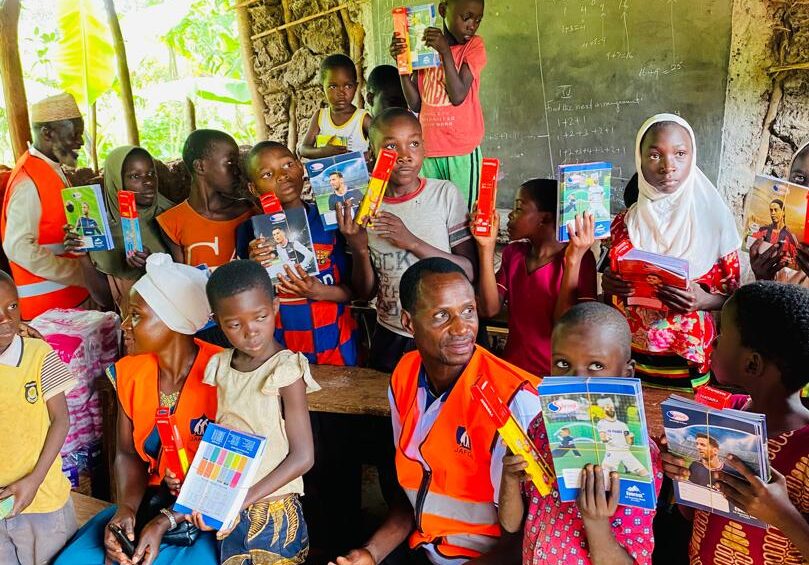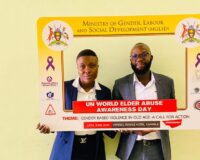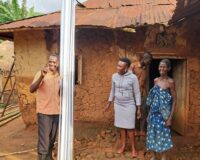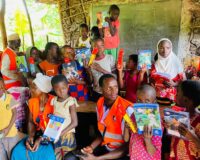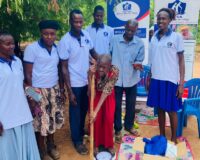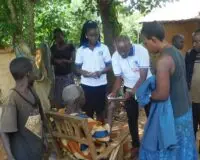In Uganda, education is often hailed as the key to unlocking a brighter future, particularly for the most vulnerable segments of society.
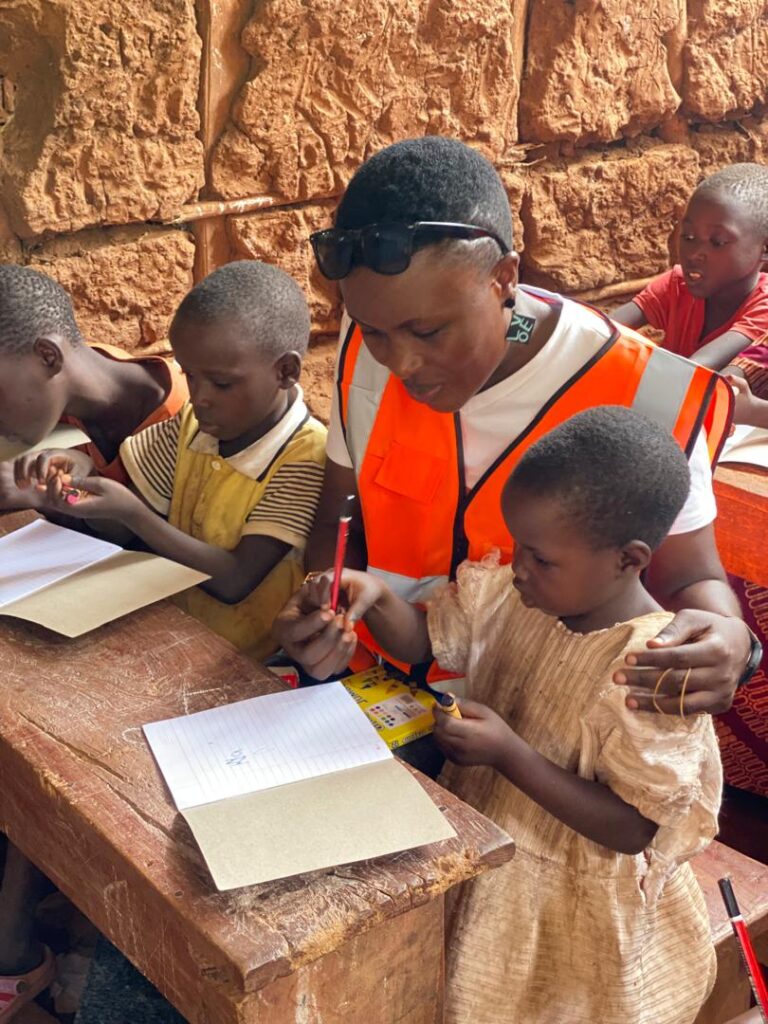
Among these are orphaned vulnerable children (OVCs), who face numerous challenges that hinder their ability to access and thrive in the educational system. JAFOA is committed to addressing these challenges and ensuring that these children, who represent the future of our nation, have the opportunity to receive a quality education.
Despite the progress made in increasing school attendance rates, with 8 out of 10 children aged 6 to 12 years attending primary school and over 1 in 4 enrolled in secondary school, a significant disparity persists. The harsh reality is that access to education remains profoundly inequitable, particularly at the secondary level. The enrollment rate for the richest 20 percent of the population stands at 43.1 percent, compared to a mere 8.2 percent for the poorest 20 percent. This stark contrast highlights the urgent need for targeted interventions to support children from underprivileged backgrounds.
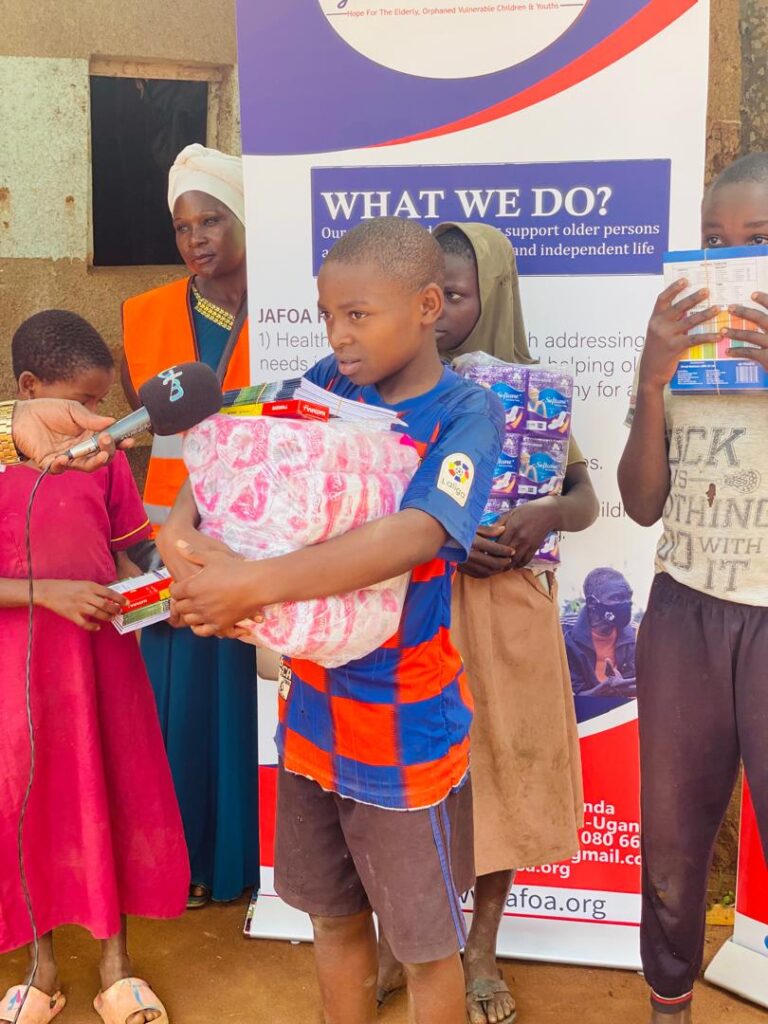
Among OVCs, school enrollment figures tell a mixed story. While 79.1 percent of OVCs are currently enrolled in school, the barriers they face are substantial. Poverty remains one of the most significant obstacles, with many families unable to afford school fees, uniforms, textbooks, and other essential materials. The impact of these financial constraints is compounded by limited access to quality education, with overcrowded classrooms, inadequate infrastructure, and insufficient learning materials all contributing to a subpar learning environment.
Moreover, the challenges are not just financial. Retention and the quality of education are further compromised by issues such as inadequate teacher capacity and the negative attitudes and stigma that many OVCs encounter within the school system. These factors often lead to higher dropout rates, particularly among older children who may be forced to leave school to support their families.
Females, who already face societal pressures and gender-based discrimination, are particularly vulnerable. Although they have higher rates of regular school attendance—79.9 percent compared to 78.3 percent for males—they are also more likely to face barriers that can derail their education, such as early marriage, pregnancy, and household responsibilities.
In response to these challenges, JAFOA is focused on initiatives that provide comprehensive support to OVCs, ensuring they not only enroll in school but also stay there and receive a quality education. This includes providing financial assistance to cover school fees and supplies, building and maintaining school infrastructure, training teachers, and fostering inclusive, stigma-free learning environments.
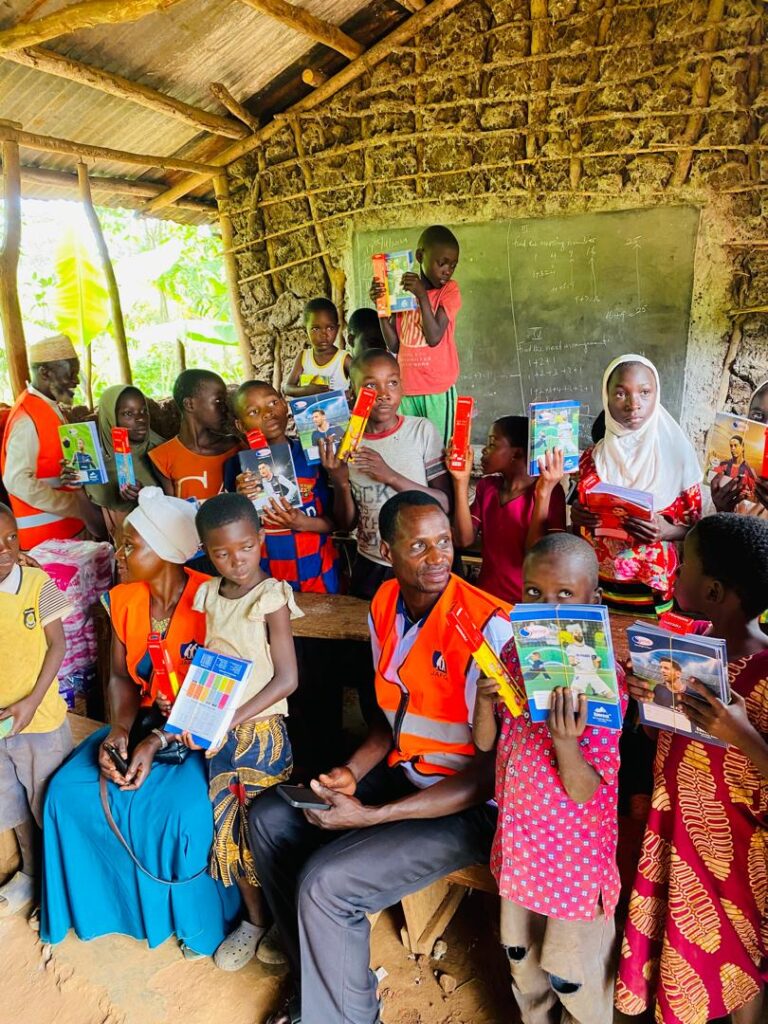
Education is more than just a right; it is a lifeline that offers hope and a pathway out of poverty. By supporting the education of orphaned vulnerable children, we are not only investing in their futures but also in the future of Uganda. JAFOA remains dedicated to bridging the educational gap and empowering the next generation to lead our nation towards a brighter, more equitable tomorrow.
Let us all join hands in this mission to ensure that no child is left behind. Together, we can create a future where every child has the opportunity to learn, grow, and succeed, regardless of their circumstances.

